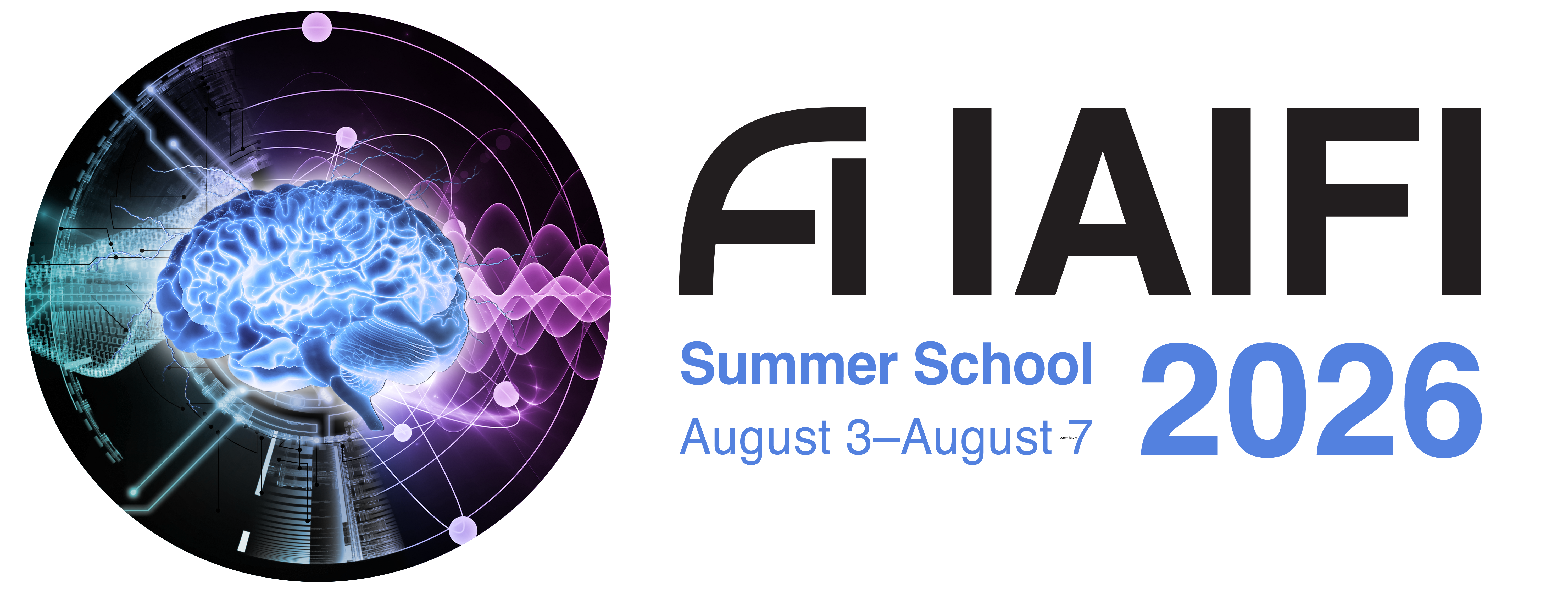
Summer School 2026
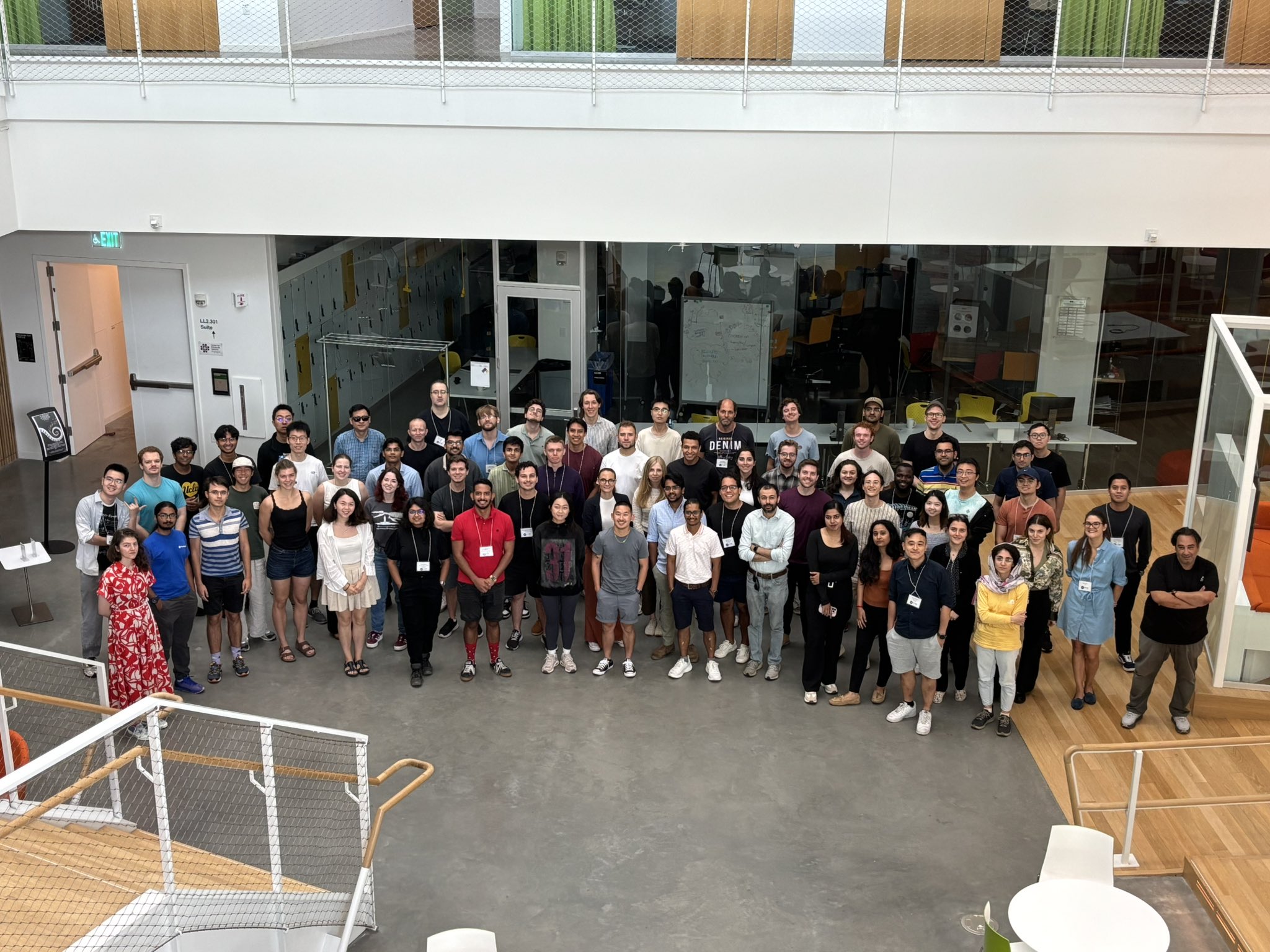
The mission of the IAIFI Summer School is to leverage the expertise of IAIFI researchers, affiliates, and partners toward promoting education and workforce development.
- August 3–7, 2026
- University of Massachusetts, Boston
The Summer School is followed by the IAIFI Summer Workshop, which is open to researchers of all career stages.
Agenda Lecturers Tutorial Leads Accommodations Costs Sponsors FAQ Past Schools
About
The Institute for Artificial Intelligence and Fundamental Interactions (IAIFI) is enabling physics discoveries and advancing foundational AI through the development of novel AI approaches that incorporate first principles, best practices, and domain knowledge from fundamental physics. The Summer School will include lectures and events that illustrate interdisciplinary research at the intersection AI and Physics, and encourage global networking. Hands-on code-based tutorials that build on foundational lecture materials help students put theory into practice, and a hackathon project provides an opportunity for students to collaborate and apply what they’ve learned.
Apply
Applications are now closed for the 2026 IAIFI Summer School. Please email iaifi-summer@mit.edu if you would like the opportunity to attend virtually
Accommodations
Students for the Summer School have the option to reserve dorm rooms. IAIFI will reimburse the cost of 5 nights in the dorms after the Summer School, contingent upon attendance. Instructions for this will be provided to attendees in March.
Costs
- There is no registration fee for the Summer School. Costs of dorm accommodations will be reimbursed by IAIFI, contingent upon attendance. Students for the Summer School are expected to cover the cost of travel.
- Lunch each day, as well as coffee and snacks at breaks, will be provided during the Summer School, along with at least one dinner during the Summer School.
- Students who wish to stay for the IAIFI Summer Workshop will be able to book the same rooms through the weekend and the Workshop if they choose (at their own expense).
Lecturers
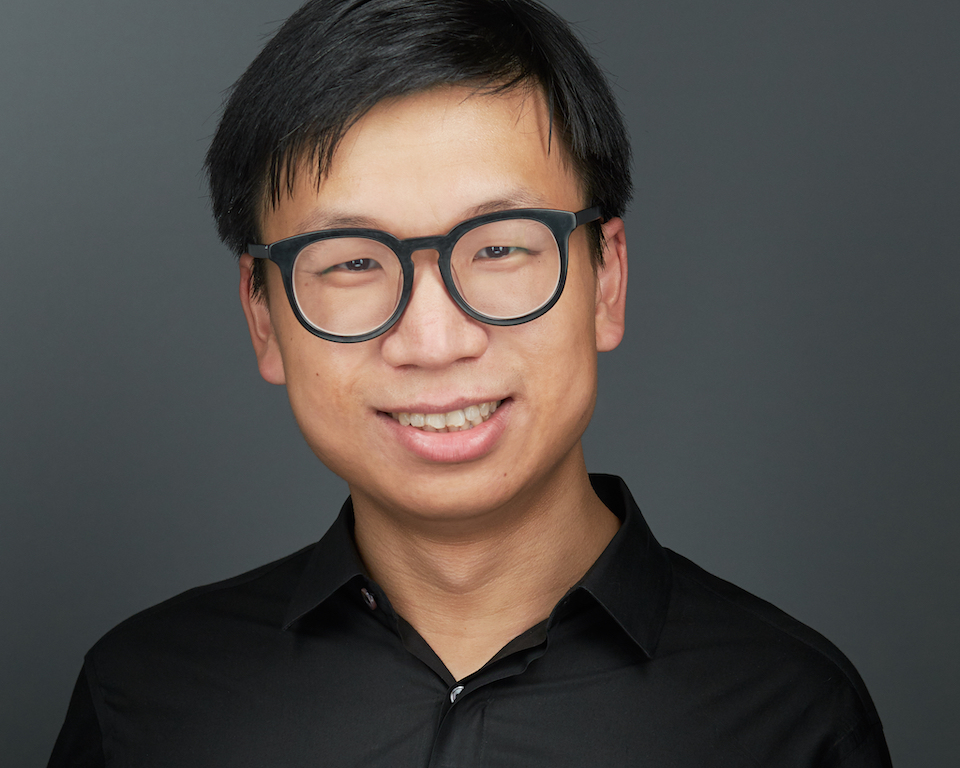
Topic: Generative Modeling/Diffusion
Lecturer: Jun-Yan Zhu, Assistant Professor, Carnegie Mellon University

Topic: Simulation-Based Inference
Lecturer: Christoph Weniger, Associate Professor, University of Amsterdam
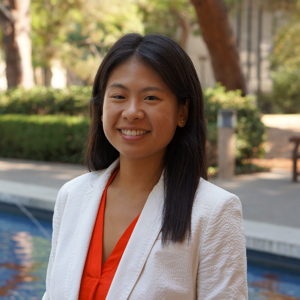
Topic: Computer Vision
Lecturer: Berthy Feng, IAIFI/Tayebati Fellow
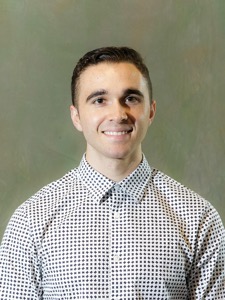
Topic: Symbolic Regression
Lecturer: Miles Cranmer, Assistant Professor, University of Cambridge
Tutorial Leads
Topic: Generative Modeling/Diffusion
Tutorial Lead: TBA
Topic: Symbolic Regression
Tutorial Lead: TBA
Topic: Computer Vision
Tutorial Lead: TBA
Topic: Simulation-Based Inference
Tutorial Lead: TBA
Agenda
The below is a sample agenda. The final agenda will be announced in Spring 2026.
Monday, August 3, 2026
9:00–9:30 am ET
Welcome/Introduction
9:30 am–12:00 pm ET
Lecture 1: TBA
12:00–1:00 pm ET
Lunch
1:00–3:30 pm ET
Tutorial 1: TBA
3:30–4:30 pm ET
Hackathon Introduction
5:00–5:30 pm ET
Break
5:30–7:30 pm ET
Welcome Dinner
Tuesday, August 4, 2026
9:00–9:30 am ET
Lightning Talks
9:30 am–12:00 pm ET
Lecture 2: TBA
12:00–1:00 pm ET
Lunch
1:00–3:30 pm ET
Tutorial 2: TBA
3:30–4:30 pm ET
Breakout Sessions with Lecturers and Tutorial Leads
4:30–6:00 pm ET
Group work for hackathon
Wednesday, August 5, 2026
9:00–9:30 am ET
Lightning Talks
9:30 am–12:00 pm ET
Lecture 3:TBA
12:00–1:00 pm ET
Lunch
1:00–3:30 pm ET
Tutorial 3: TBA
3:30–4:30 pm ET
Career Panel
4:30–6:30 pm ET
Break
6:30–8:00 pm ET
Networking event with IAIFI
Thursday, August 7, 2025
9:00–9:30 am ET
Lightning Talks
9:30 am–12:00 pm ET
Lecture 4: TBA
12:00–1:00 pm ET
Lunch
1:00–3:30 pm ET
Tutorial 4: TBa
3:30–4:30 pm ET
Breakout Sessions with Lecturers and Tutorial Leads
4:30–5:30 pm ET
Group work for hackathon
Friday, August 9, 2024
9:00–9:30 am ET
Lightning Talks
9:30 am–12:00 pm ET
Hackathon
Projects
Project details to come.12:00–1:00 pm ET
Lunch
1:00–3:00 pm ET
Hackathon
Projects
Project details to come.3:00–3:45 pm ET
Hackathon presentations
3:45–4:00 pm ET
Closing
Financial Supporters
The Summer School is funded primarily by support from the National Science Foundation under Cooperative Agreement PHY-2019786. Computing resources are provided by the NSF ACCESS program.
If you are interested in providing financial support for the Summer School, please email iaifi-summer@mit.edu.
2026 Organizing Committee
- Will Detmold, Co-Chair (MIT)
- Bill Freeman, Co-Chair (MIT)
- Akshunna Dogra (Incoming IAIFI Fellow)
- Berthy Feng (IAIFI Fellow)
- Mathis Gerdes (Incoming IAIFI Fellow)
- Juvenal Bassa (UPRM)
- Yize Dong (Harvard)
- Franc O (Northeastern)
- Sneh Pandya (Northeastern)
- Shelley Tong (MIT)
- Lana Xu (MIT)
- Xiaoyuan Zhang (MIT)
- Marisa LaFleur (IAIFI Managing Director)
- Thomas Bradford (IAIFI Project Coordinator)
FAQ
- Who can apply to the Summer School? Any PhD students or early career researchers working at the intersection of physics and AI may apply to the summer school.
- What is the cost to attend the Summer School? There is no registration fee for the Summer School. Students for the Summer School are expected to cover the cost of travel.
- Is there funding available to support my attendance at the Summer School? IAIFI is covering the cost of the Summer School, including lunch each day. There is no support available for travel costs.
- If I come to the Summer School, can I also attend the Workshop? Yes! We encourage you to stay for the IAIFI Summer Workshop and you can stay in the dorms for both events if you choose (at your own expense). Information about the Summer Workshop will be provided in early 2026.
- Will the recordings of the lectures be available? We expect to share recordings of the lectures after the Summer School.
- Will there be an option for virtual attendance? Yes, there is an option for virtual attendance.
- How can I book a dorm for the IAIFI Summer School? Information will be shared with accepted students about booking the dorms.
- What if I need childcare in order to attend the Summer School? We are prepared to work with attendees to help coordinate child care as needed. Please contact iaifi-summer@mit.edu and/or indicate it in your application if you would like to discuss.